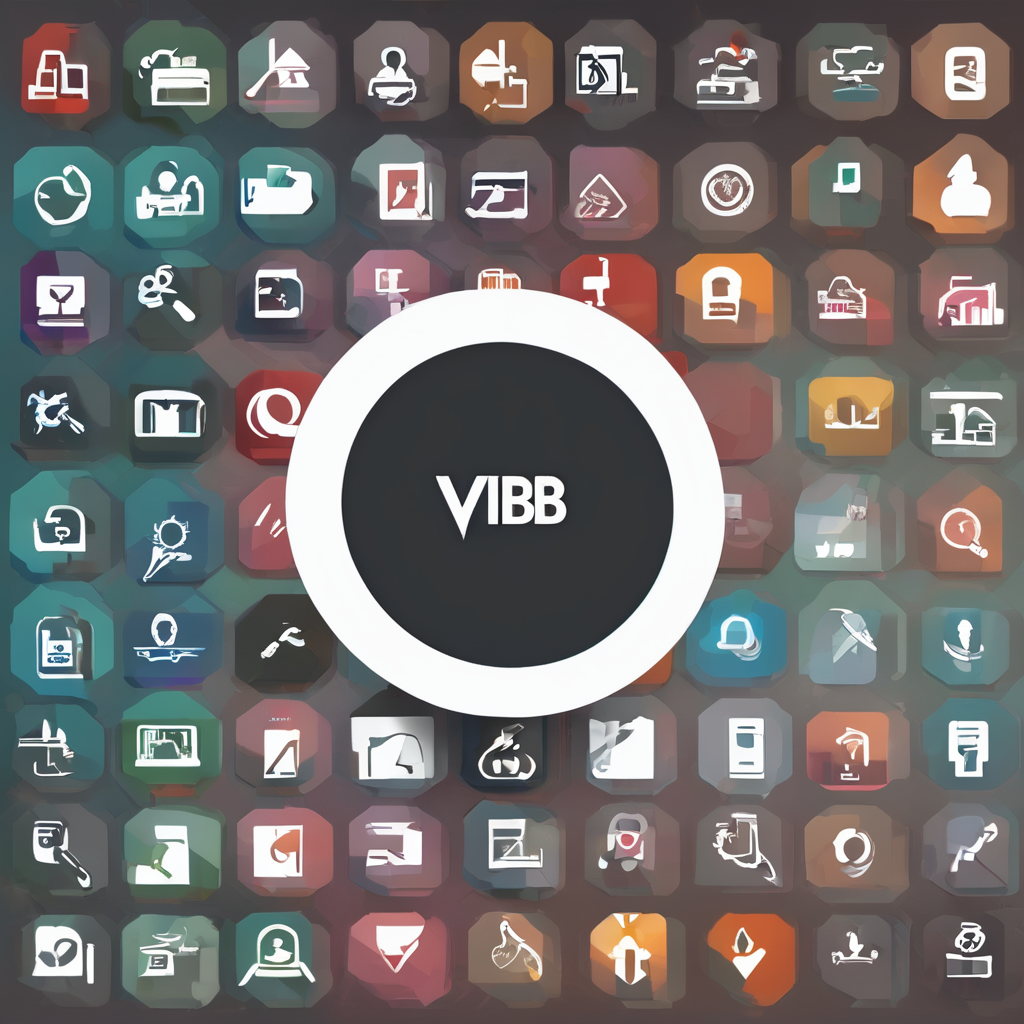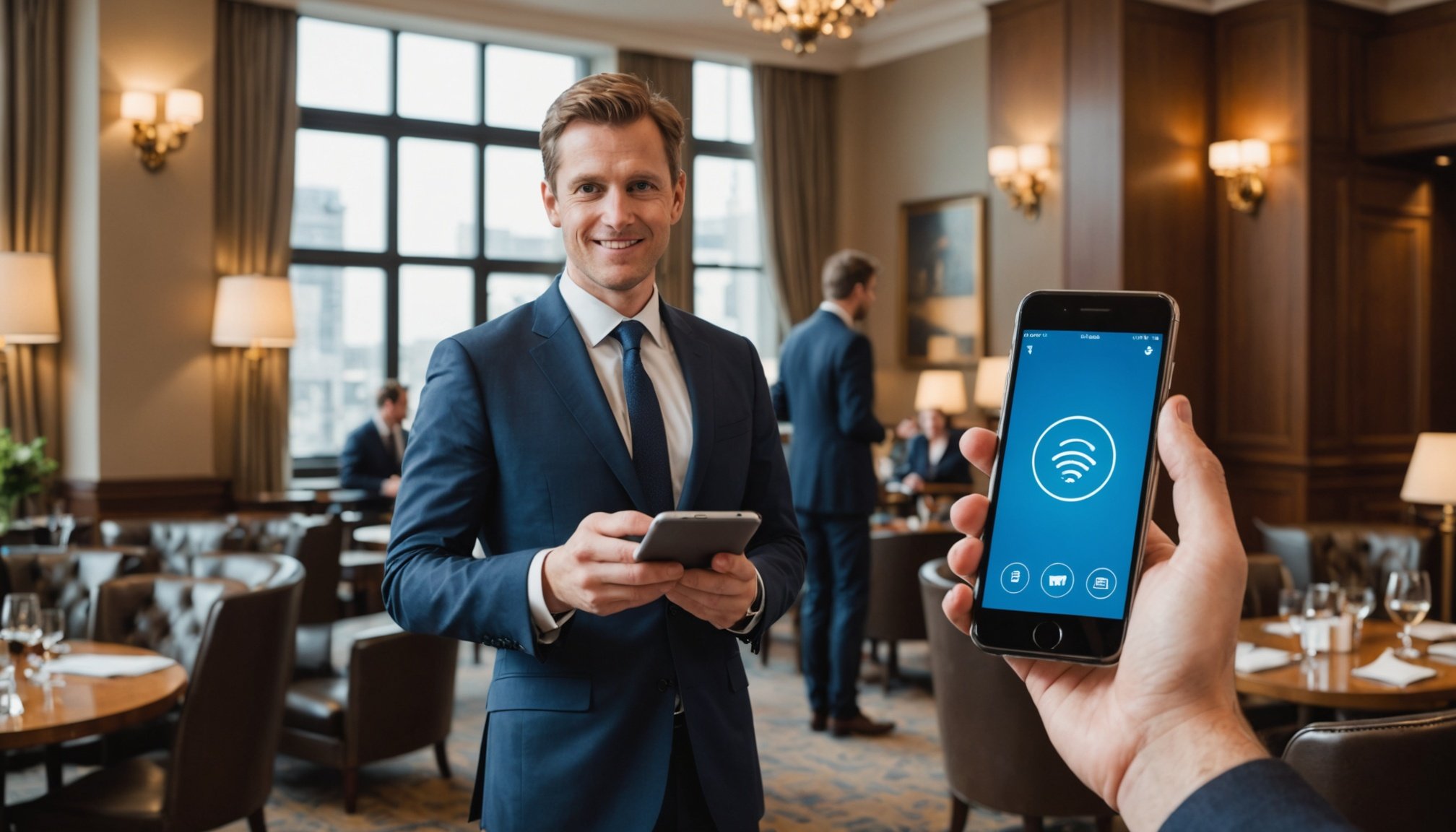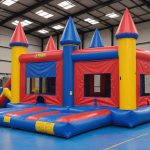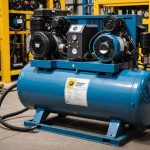Transforming Guest Experiences: The Role of IoT in Elevating UK Hotels
In the ever-evolving hospitality industry, the integration of Internet of Things (IoT) technology is revolutionizing the way hotels operate and interact with their guests. This article delves into the transformative impact of IoT on UK hotels, enhancing guest experiences, operational efficiency, and overall guest satisfaction.
The Rise of Smart Hotels: How IoT is Changing the Game
The concept of smart hotels is no longer a futuristic dream but a present-day reality, thanks to the pervasive adoption of IoT technology. IoT enables hotels to transform into seamless, personalized, and highly efficient environments. Here’s how:
In the same genre : Unlock success with a leading change management consulting firm
Personalized Guest Experiences
IoT allows hotels to offer a highly personalized stay for their guests. For instance, smart room controls enable guests to adjust lighting, temperature, and entertainment settings to their liking using voice-activated assistants or mobile apps. This level of personalization is a game-changer in the hospitality industry.
- Automated Room Settings: IoT devices can adjust room settings based on the guest’s preferences, which can be stored and retrieved from previous stays or through mobile app inputs.
- Smart Thermostats: These devices automatically adjust room temperatures based on occupancy and outdoor conditions, ensuring optimal comfort and energy efficiency.
- Customized In-Room Entertainment: Guests can stream their favorite content directly to the hotel’s TV using systems like GuestCast, which supports thousands of streaming apps.
Streamlined Guest Interactions
IoT streamlines various guest interactions, making the stay more convenient and enjoyable.
Additional reading : Mastering safety management: strategies for a secure future
- Mobile Check-ins: Guests can check in via mobile apps, skipping the front desk queues and proceeding directly to their rooms with keyless entry.
- Smart Navigation: In-house navigation systems help guests find their way to restaurants, facilities, and other amenities within the hotel.
- Virtual Assistants: AI-powered virtual assistants are available 24/7 to assist with guest inquiries and services, reducing the workload on hotel staff.
Enhancing Operational Efficiency
IoT not only enhances guest experiences but also significantly improves operational efficiency in hotels.
Energy Management and Sustainability
IoT sensors and smart systems help hotels manage energy consumption more effectively.
- Real-Time Monitoring: IoT sensors monitor energy usage patterns, reducing consumption during low-occupancy periods and optimizing heating, air conditioning, and ventilation systems.
- Predictive Maintenance: IoT-enabled sensors detect potential issues before they disrupt guest experiences, such as leaking taps or faulty lights, ensuring proactive maintenance.
Optimized Housekeeping and Facility Management
IoT helps in automating and optimizing housekeeping and facility management processes.
- Automated Room Service: IoT enables keyless doors that open automatically on the arrival of guests, and machine-to-machine technology helps in smarter maintenance systems.
- Efficient Inventory Management: IoT systems can manage inventory and stock more efficiently, reducing workforce needs and supporting cost optimization.
The Role of AI and Robotics in IoT-Enabled Hotels
Artificial intelligence (AI) and robotics are integral components of the IoT ecosystem in hotels, further enhancing both guest experiences and operational efficiency.
AI in Hotel Operations
AI is used beyond basic automation to analyze large datasets and forecast demands, aiding in inventory and staff management.
- AI Chatbots: Available 24/7 for guest inquiries and services, AI chatbots reduce the workload on hotel staff and provide immediate assistance to guests.
- Energy Efficiency: AI can adjust power usage based on real-time occupancy and activity levels, leading to significant cost savings.
Robotic Assistance
Robots are increasingly employed in hotels to perform repetitive and mundane tasks.
- Robotic Concierge Services: Robots can provide information, directions, and check-in services, enhancing the guest experience.
- Robotic Guides and Bartenders: Robots can offer unique experiences such as guided tours or mixing drinks, adding a touch of innovation to the hotel stay.
Practical Insights and Actionable Advice for Hoteliers
For hoteliers looking to integrate IoT into their operations, here are some practical insights and actionable advice:
Assessing Current Infrastructure
Before implementing IoT solutions, it is crucial to assess the current infrastructure of the hotel.
| Aspect | Consideration |
|---|---|
| Network Capability | Ensure the hotel’s network can support the increased data traffic from IoT devices. |
| Device Compatibility | Check if existing devices are compatible with new IoT systems to avoid integration issues. |
| Staff Training | Train staff to manage and maintain IoT systems effectively. |
Choosing the Right IoT Solutions
Selecting the right IoT solutions is key to successful implementation.
- Leading Suppliers: Consider suppliers like Apple, Alphabet (Google), Amazon, Cisco, IBM, Microsoft, NXP, and Qualcomm, which offer a range of IoT solutions tailored for the hospitality industry.
- Custom Solutions: Opt for custom solutions that fit the specific needs of your hotel, such as Ruckus Access Points with Wi-Fi 6/7 compatibility for faster and more reliable connections.
Ensuring Data Security
Data security is a critical aspect when implementing IoT systems.
- Real-Time Data Collection: Ensure that real-time data collection from IoT devices is secure and compliant with privacy regulations to protect guest information.
- Robust Cybersecurity: Implement robust cybersecurity measures to protect against potential threats and maintain guest trust.
Case Studies and Real-World Examples
Several hotels have already seen significant benefits from integrating IoT technology.
Example: Smart Mirrors in Bathrooms
Some hotels have introduced smart mirrors in bathrooms that display local weather, hotel events, and travel updates, offering guests timely and relevant information without needing additional devices.
Example: Virtual Concierge Robots
Hotels like those in Japan have implemented virtual concierge robots that provide guests with information, directions, and check-in services, enhancing the overall guest experience.
Future Trends and Challenges
As IoT continues to evolve, there are several future trends and challenges that hoteliers need to be aware of.
Future Trends
- Integration with Other Technologies: The future will see more integration of IoT with other technologies like AI, blockchain, and the metaverse to create even more personalized and immersive experiences.
- Sustainability: IoT will play a crucial role in sustainability efforts, helping hotels reduce energy consumption and waste while improving operational efficiency.
Challenges
- High Initial Investment: Implementing IoT solutions can be costly, requiring significant initial investment.
- Integration Challenges: Integrating IoT systems with existing infrastructure can be complex and require careful planning.
- Cybersecurity: Ensuring the security of IoT systems and protecting guest data is a continuous challenge.
The integration of IoT technology in UK hotels is a transformative step towards enhancing guest experiences, operational efficiency, and overall guest satisfaction. By understanding the benefits, practical considerations, and future trends, hoteliers can leverage IoT to stay ahead in the competitive hospitality industry.
As Gary Patrick, CEO of Hotel Internet Services, emphasized, “The need for high-speed, reliable internet access is crucial for delivering seamless, hyperconnected guest experiences.” With the right approach and implementation, IoT can indeed elevate the hospitality industry to new heights, making every guest stay memorable and satisfying.
Key Takeaways:
- IoT Enhances Guest Experiences: Personalized room settings, mobile check-ins, and smart navigation improve guest comfort and convenience.
- Operational Efficiency: IoT optimizes energy management, housekeeping, and facility management, reducing costs and improving resource efficiency.
- AI and Robotics Integration: AI and robotics enhance guest services, energy efficiency, and operational tasks.
- Practical Insights: Assess current infrastructure, choose the right IoT solutions, and ensure data security for successful implementation.
- Future Trends: Integration with other technologies, sustainability efforts, and continuous cybersecurity measures are key to future success.
By embracing IoT technology, UK hotels can not only meet but exceed the evolving expectations of modern travelers, ensuring a bright and innovative future for the hospitality industry.











